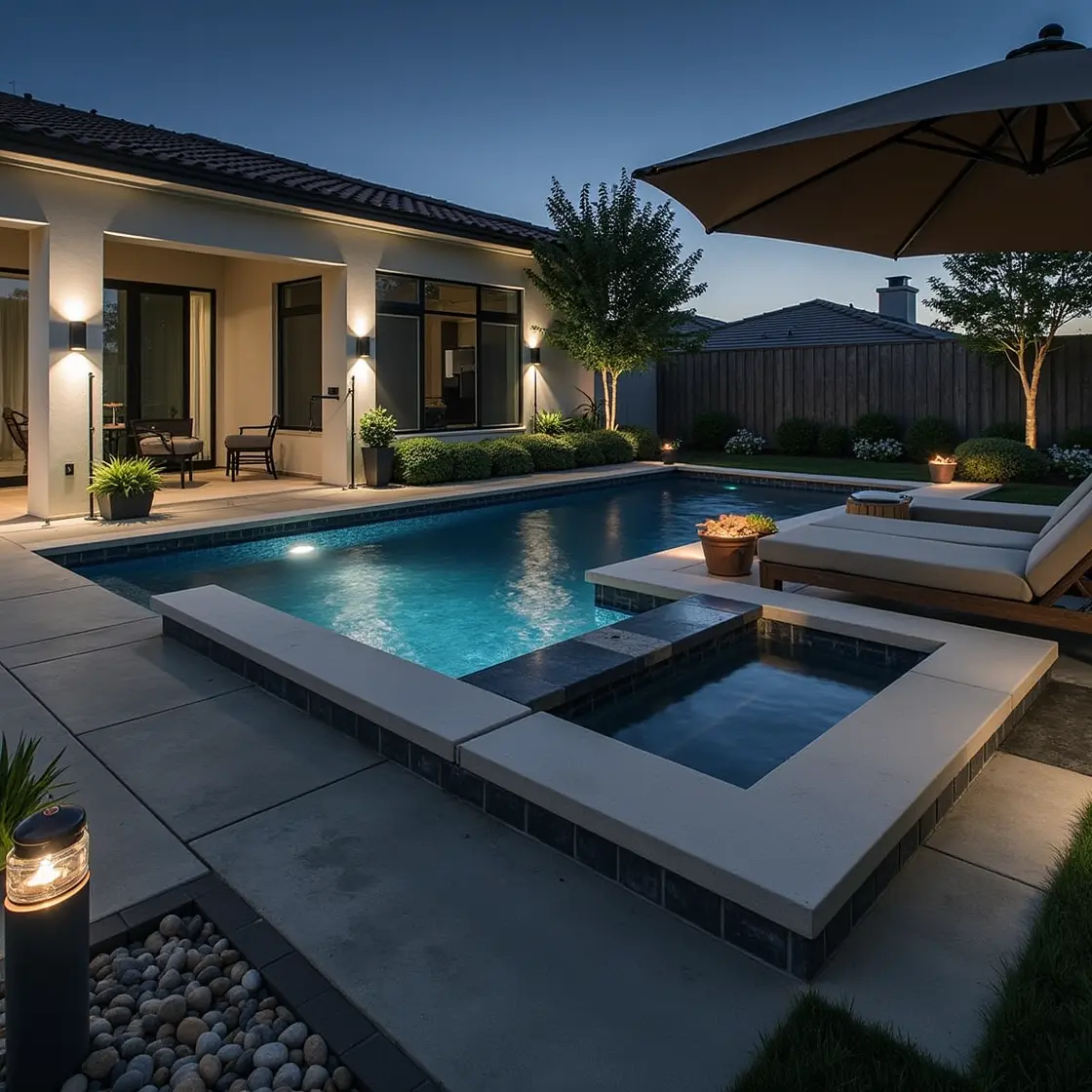The Fence is Up: What You Need to Know
The Fence is Up: What You Need to Know
Introduction: A New Era for Your Property
Imagine this: After months of deliberation, planning, and hard work, the last piece of your new fence is finally in place. It’s a moment of triumph, promising security, privacy, and an enhanced aesthetic appeal for your home. But with every fence installation comes a flood of questions. What should you do next? How do you maintain it? This article will guide you through everything you need to know now that your fence is officially up.
The Benefits of Your New Fence
Your newly-installed fence is not just a boundary; it’s a significant enhancement to your property. Here are some key benefits:
- Increased Privacy: A fence provides a shield from prying eyes, creating a serene environment for you and your family.
- Enhanced Security: Keeping unwanted guests out is a top priority for homeowners. A sturdy fence is your first line of defense.
- Property Value:** An attractive fence can boost your home’s curb appeal, making it more appealing to potential buyers.
Understanding Your Fence Materials
Different fencing materials bring unique advantages and challenges. Here’s a quick rundown:
- Wood: Classic and customizable but requires regular maintenance to prevent rot.
- Vinyl: Durable and low-maintenance with a variety of colors and styles, but can be pricier upfront.
- Chain Link: Cost-effective and durable, but lacks privacy unless covered with slats or fabric.
- Aluminum: Rust-proof and elegant but may not offer the highest levels of privacy.
Next Steps: Care and Maintenance
Now that the fence is up, regular maintenance is crucial. Here are some tips:
Inspect and Repair
Check for any damage, such as loose boards or rust spots. Addressing these concerns early can prevent larger issues down the road.
Cleaning
For wood fences, a power wash every year can help maintain its appearance. Vinyl fences can also benefit from a gentle wash to remove dirt and stains.
Staining and Painting
If you opted for a wood fence, consider re-staining or painting every few years to prolong its life. Choose weather-resistant products for the best results.
Common Questions About Your New Fence
How long will my fence last?
The lifespan of a fence mostly depends on the material. Wooden fences can last 10-15 years; vinyl can last over 30 years, while metal options can be very durable if adequately maintained.
Can I apply decorations to my fence?
Absolutely! Many homeowners enjoy adding decorative elements like lights, planters, or artwork. Just ensure that they don’t compromise the integrity of your fence.
Are there any local regulations I should know about?
Always check local zoning laws and regulations regarding fence height and placement. This can save you from potential fines or needing to take your fence down.
Conclusion: Enjoy Your New Space
Your fence opens up countless possibilities for enhancing your outdoor living space. Whether you plan to host gatherings, create a garden sanctuary, or simply enjoy your privacy, the fence is a pivotal part of your home’s landscape. Using this guide, you’ll be well-prepared to take care of your investment and enjoy your property to the fullest.
FAQs
1. How much does a new fence cost?
Costs can vary significantly based on material, height, and length. Expect to pay anywhere from $1,500 to $3,000 for an average-sized yard.
2. Do I need a permit for my new fence?
In many areas, permits are required for new fences. Always check local regulations before proceeding with installation.
3. How close can my fence be to my neighbor’s property line?
This can depend on local laws and the type of fence you’re installing. It’s best to check with your local planning office for guidance.
4. How do I choose the best type of fence for my yard?
Consider your budget, maintenance preferences, desired aesthetics, and functionality (privacy, security) when choosing a fence.
5. Can I install a fence myself?
While DIY fence installation is possible, it can be labor-intensive and requires tools and skills. Consider hiring professionals if you are unsure.
